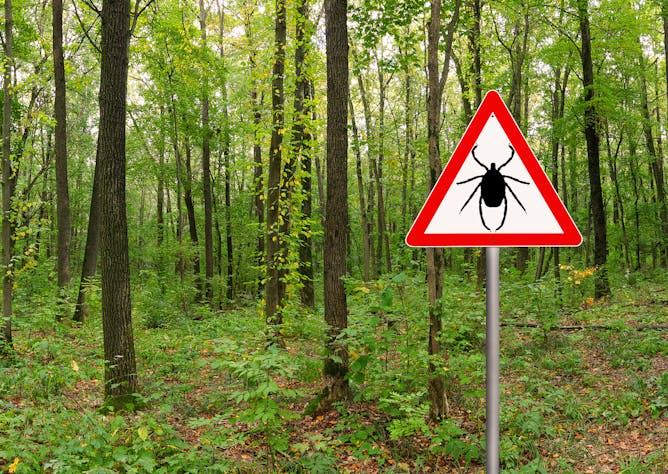|
The Oxford-AstraZeneca COVID-19 vaccine has made headlines in recent weeks because of changing age recommendations and even suspension of use in some areas. This has raised a lot of questions about why the guidelines on the vaccine keep changing.
Today in The Conversation Canada, University of Saskatchewan infectious disease specialist Dr. Alexander Wong has answers: Learn how the AstraZeneca vaccine differs from the other available jabs, whether there is a link to a type of blood clot known as a VIPIT, why there are different recommendations for different age groups and why those recommendations have flip-flopped, among other important questions.
Also today:
Regards,
|

The AstraZeneca vaccine was 70 per cent effective against symptomatic COVID-19 infection in a large multinational study, and recently reported 76 per cent overall efficacy against symptomatic COVID-19 in another large study done primarily in the United States.
THE CANADIAN PRESS/John Woods
Dr. Alexander Wong, University of Saskatchewan
With changing recommendations about AstraZeneca's COVID-19 vaccine making headlines, many people have questions about its use.
|

With warm weather comes tick season.
(Shutterstock)
Kirsten Crandall, McGill University
There is plenty of misinformation circulating about ticks and the diseases they may carry. Here are four myths debunked, along with tick facts to keep people safe when exploring the outdoors.
|

Community members gather for a vigil in memory of the victims of the Atlanta shootings and to rally against anti-Asian racism in Ottawa.
THE CANADIAN PRESS/Justin Tang
Mary Chapman, University of British Columbia
Chinese-Canadian journalist Edith Eaton documented anti-Asian racism in Canada in the late 19th and early 20th century. Over 100 years later, not much has changed.
|

Technological advances can help manage more efficient, sustainable and accountable farming practices.
(Shutterstock)
Abdul-Rahim Abdulai, University of Guelph; Carling Bieg, University of Guelph; Evan Fraser, University of Guelph; Sarah Marquis, L’Université d’Ottawa/University of Ottawa
The ongoing coronavirus pandemic has further destabilized global food chains supplies. Technological innovations like blockchain can help address these challenges.
|

People carry a sign protesting Israeli actions in Palestine during a protest march in Toronto in May 2018.
(Raghd Hamzeh)
Abigail B. Bakan, University of Toronto; Alejandro I. Paz, University of Toronto; Anna Zalik, York University, Canada; Deborah Cowen, University of Toronto
Canadian Jewish scholars have released a statement to express alarm at attempts to intervene in campus activities relating to Israel and Palestine.
|

Les humains ont plusieurs points en commun avec les poissons: consommation de drogues, problèmes de mémoire liés à l'âge et la même impatience lorsqu'il faut attendre la nourriture.
Xu Wei Chao/Shutterstock
Matt Parker, University of Portsmouth
Les poissons sont plus complexes qu’on ne l’imagine, et surtout, ils ont plus en commun avec nous que nous ne voulons l’admettre.
|
Environment + Energy
|
-
Eleanor Scerri, Max Planck Institute for the Science of Human History
New evidence affirms that significant, long-standing inter-group cultural differences shaped the later stages of human evolution in Africa.
|
|
COVID-19
|
-
Katerina Antoniou, University of Central Lancashire
After lockdowns and bans on flying, tourists will have high expectations and demands.
|
|
|
|